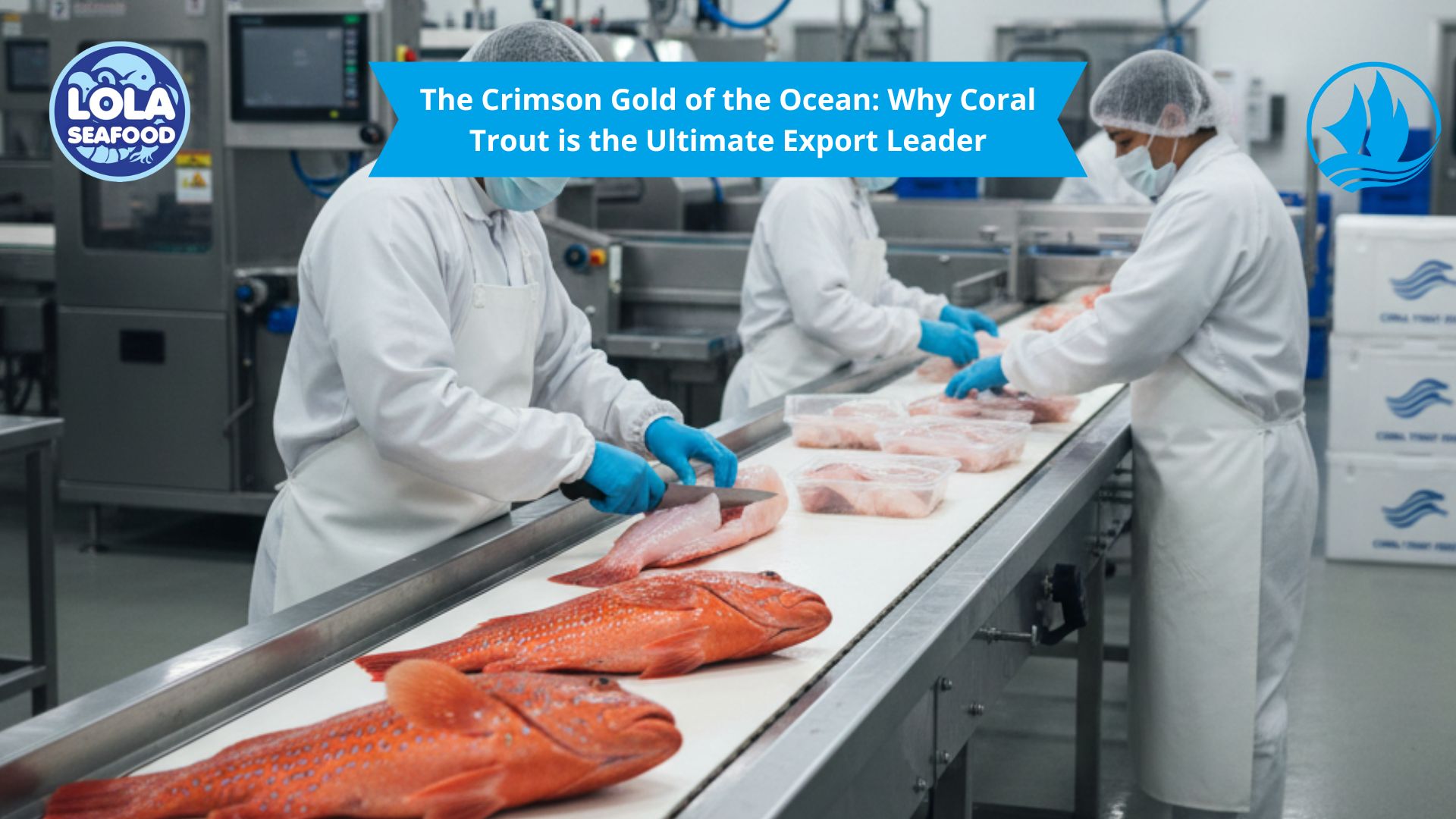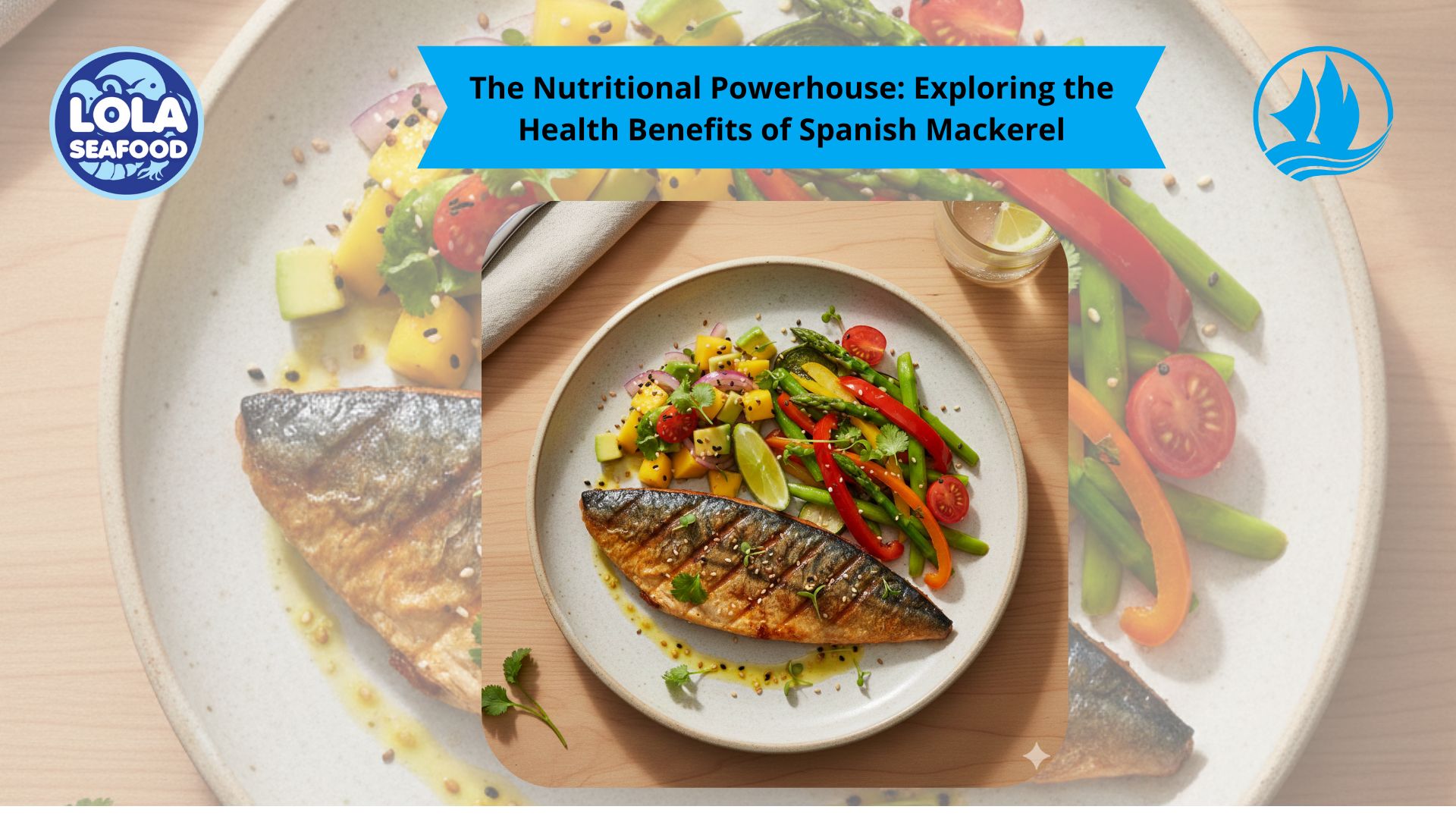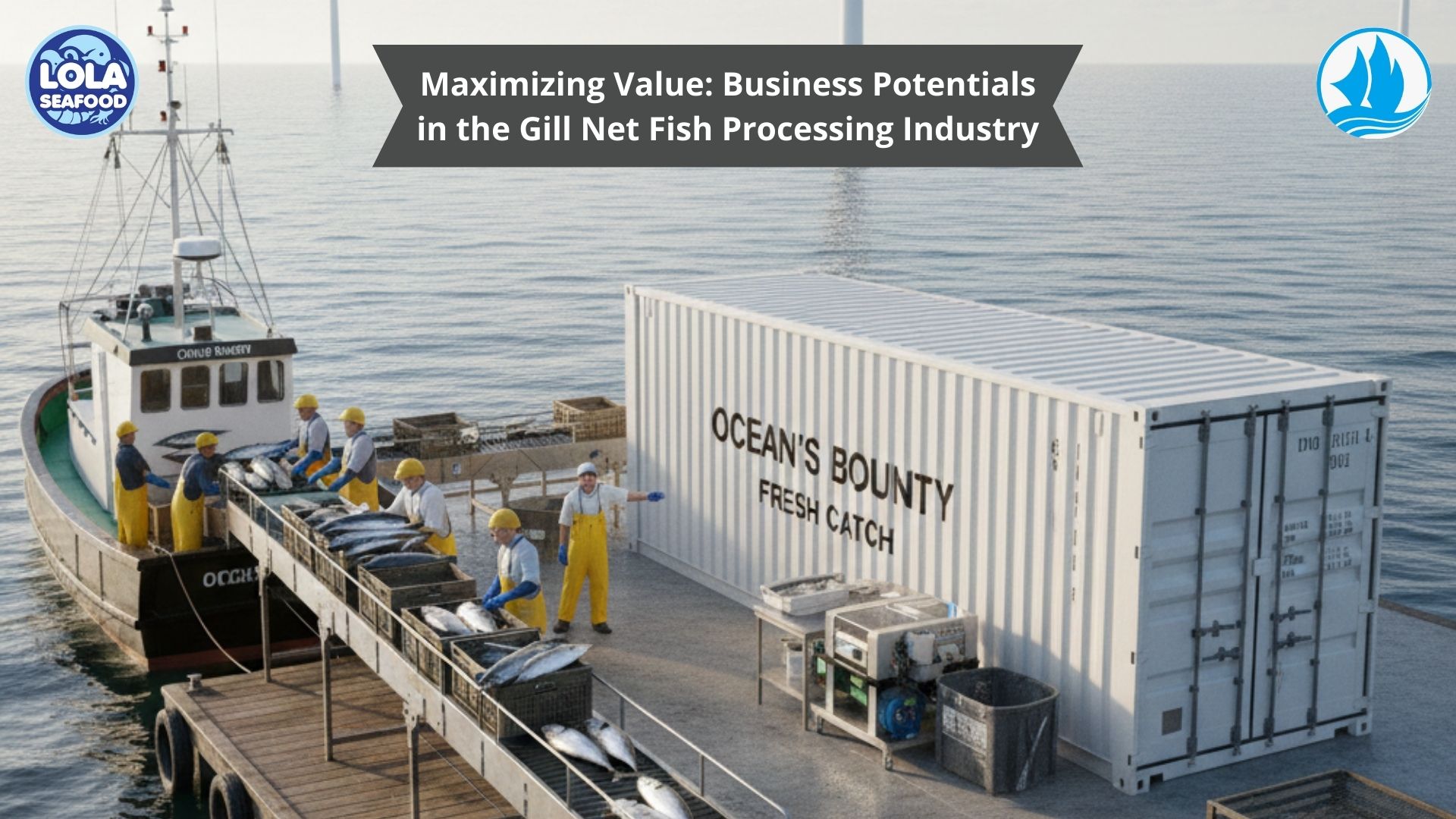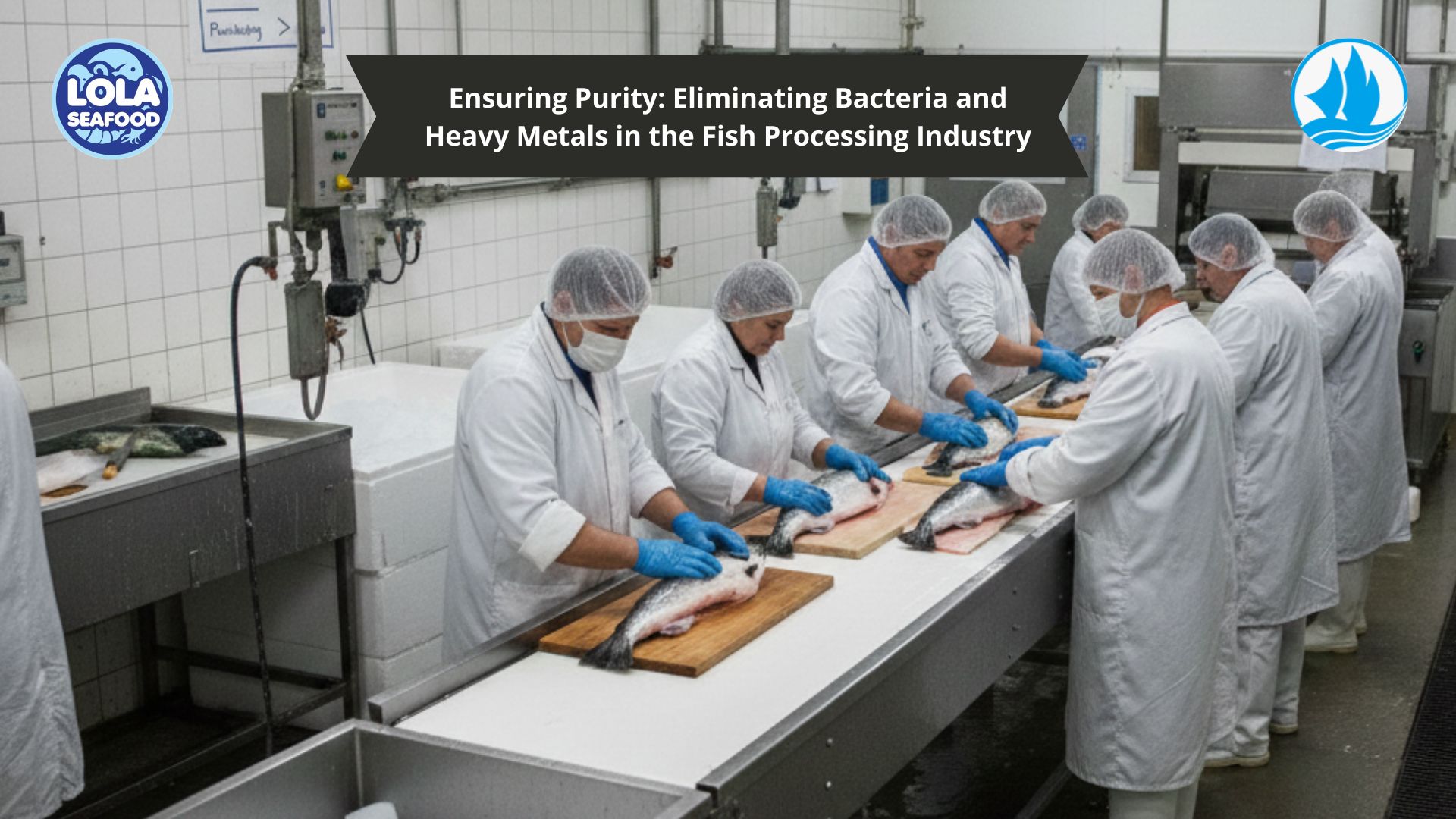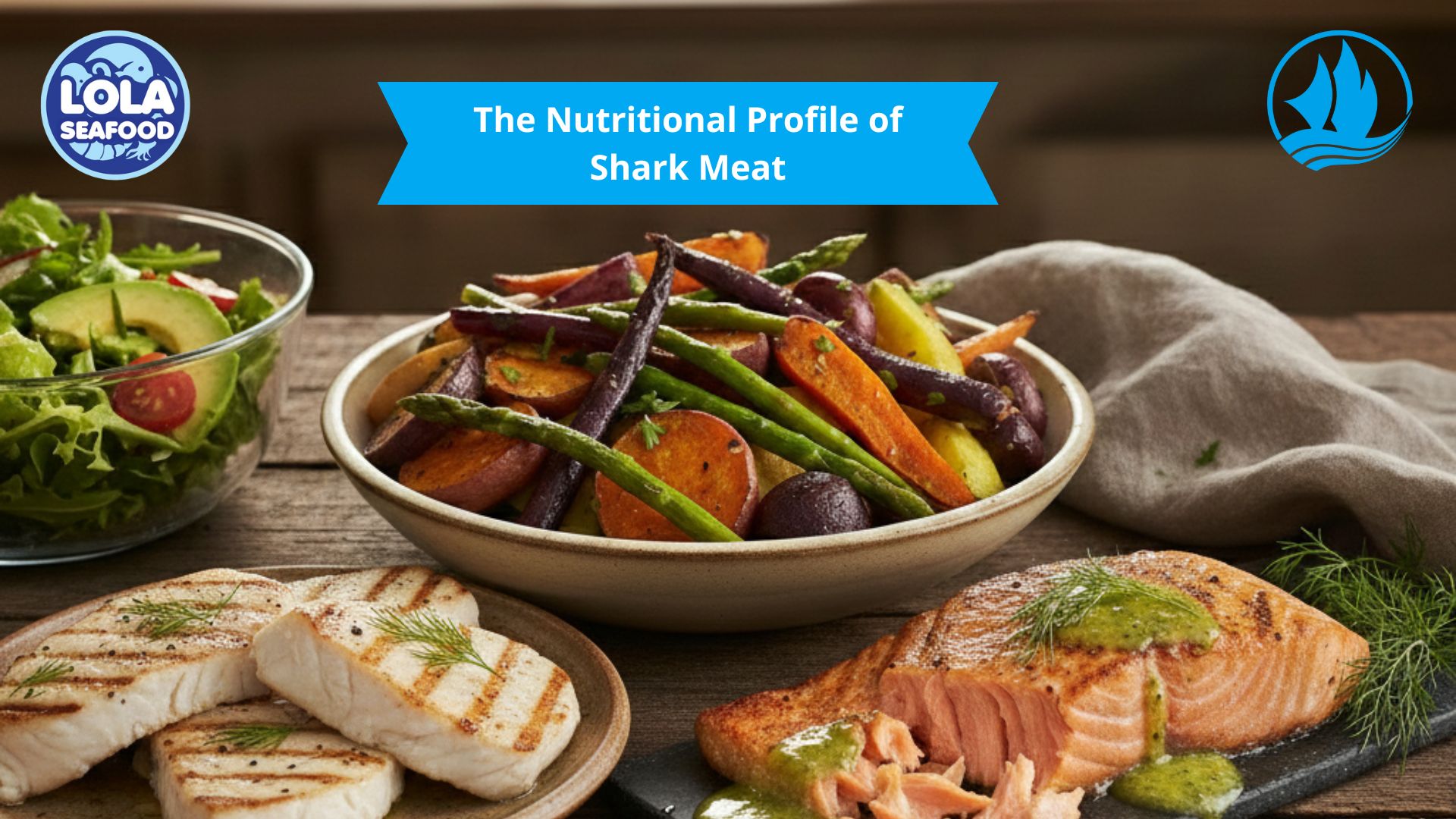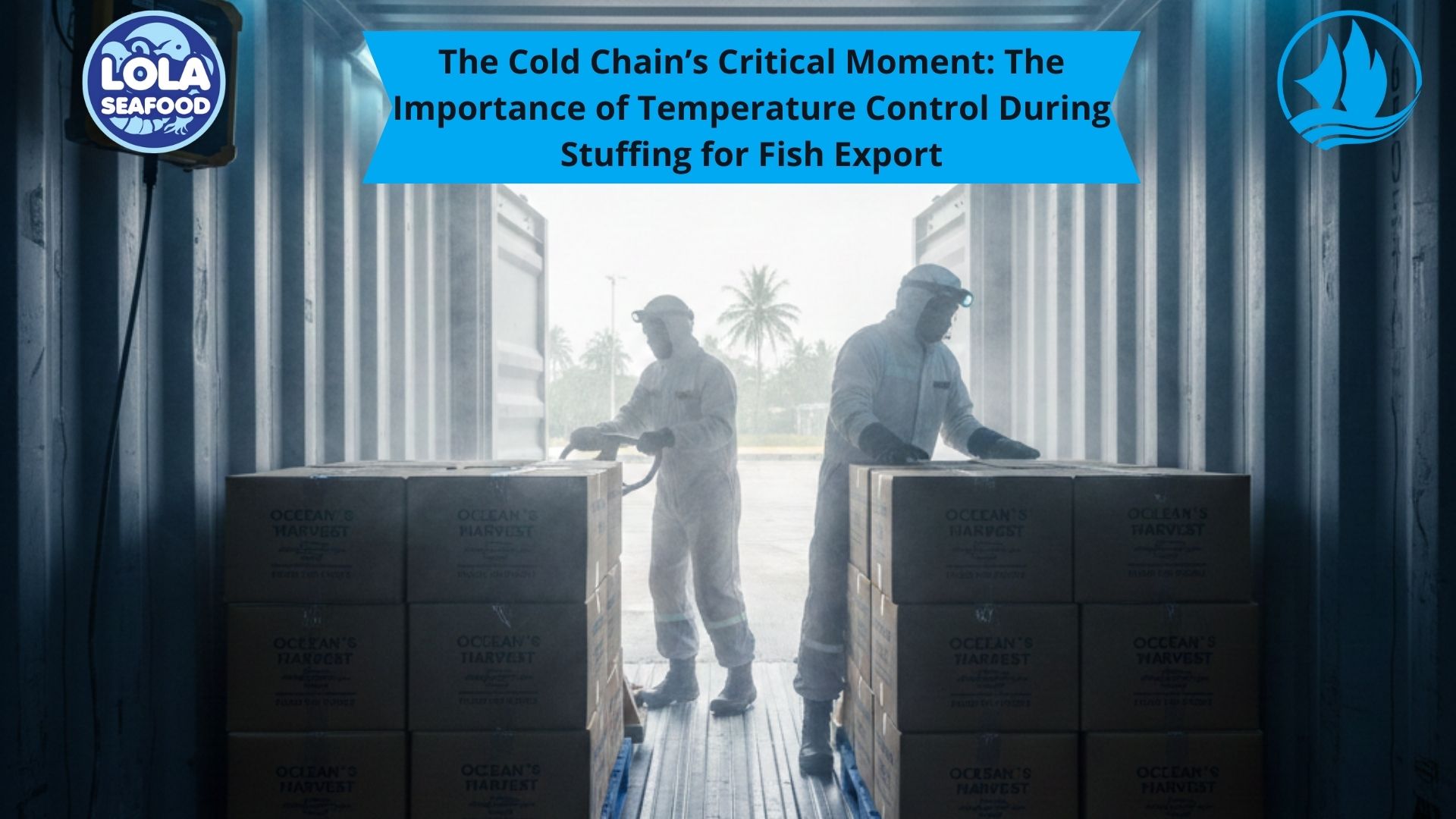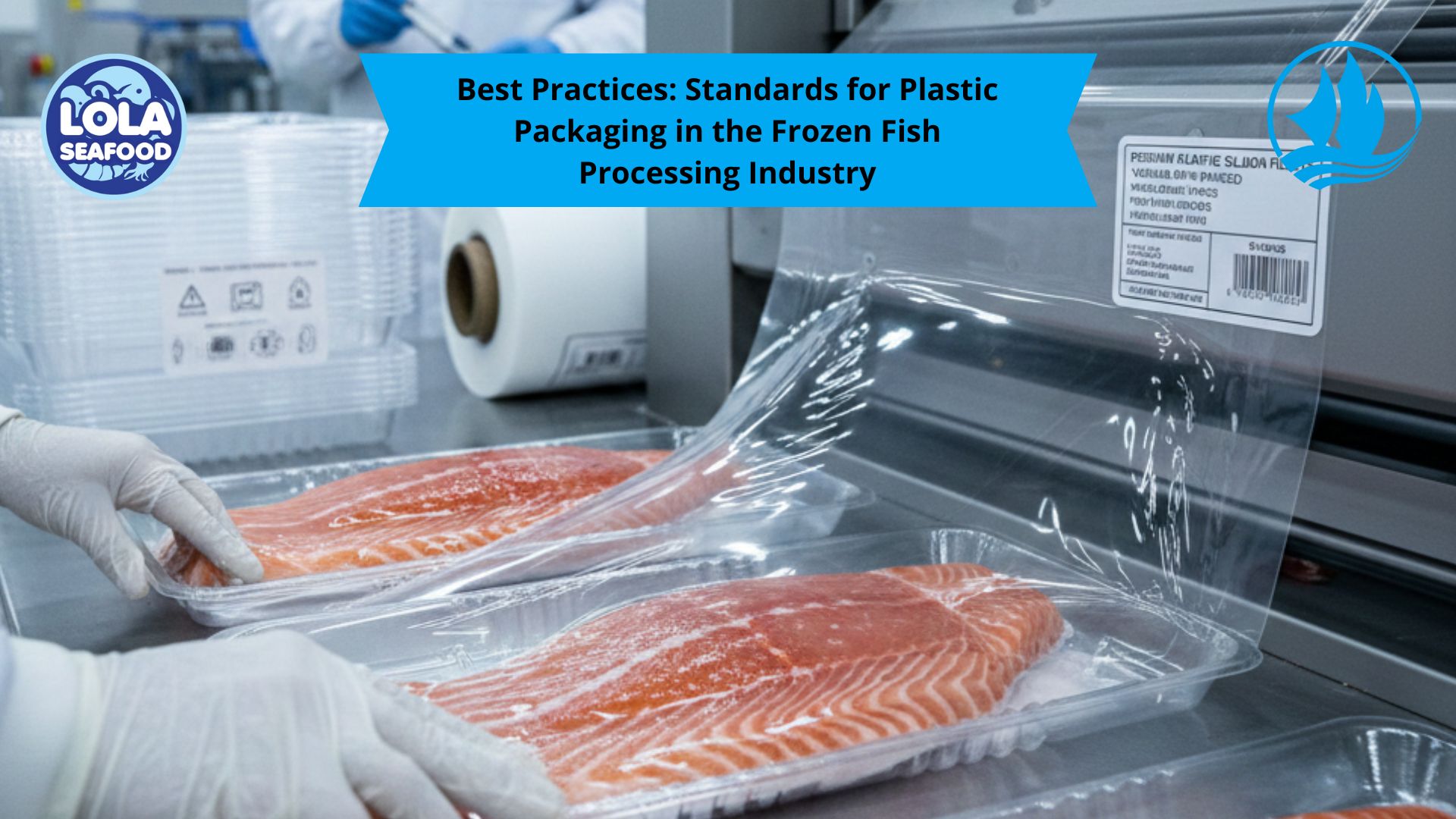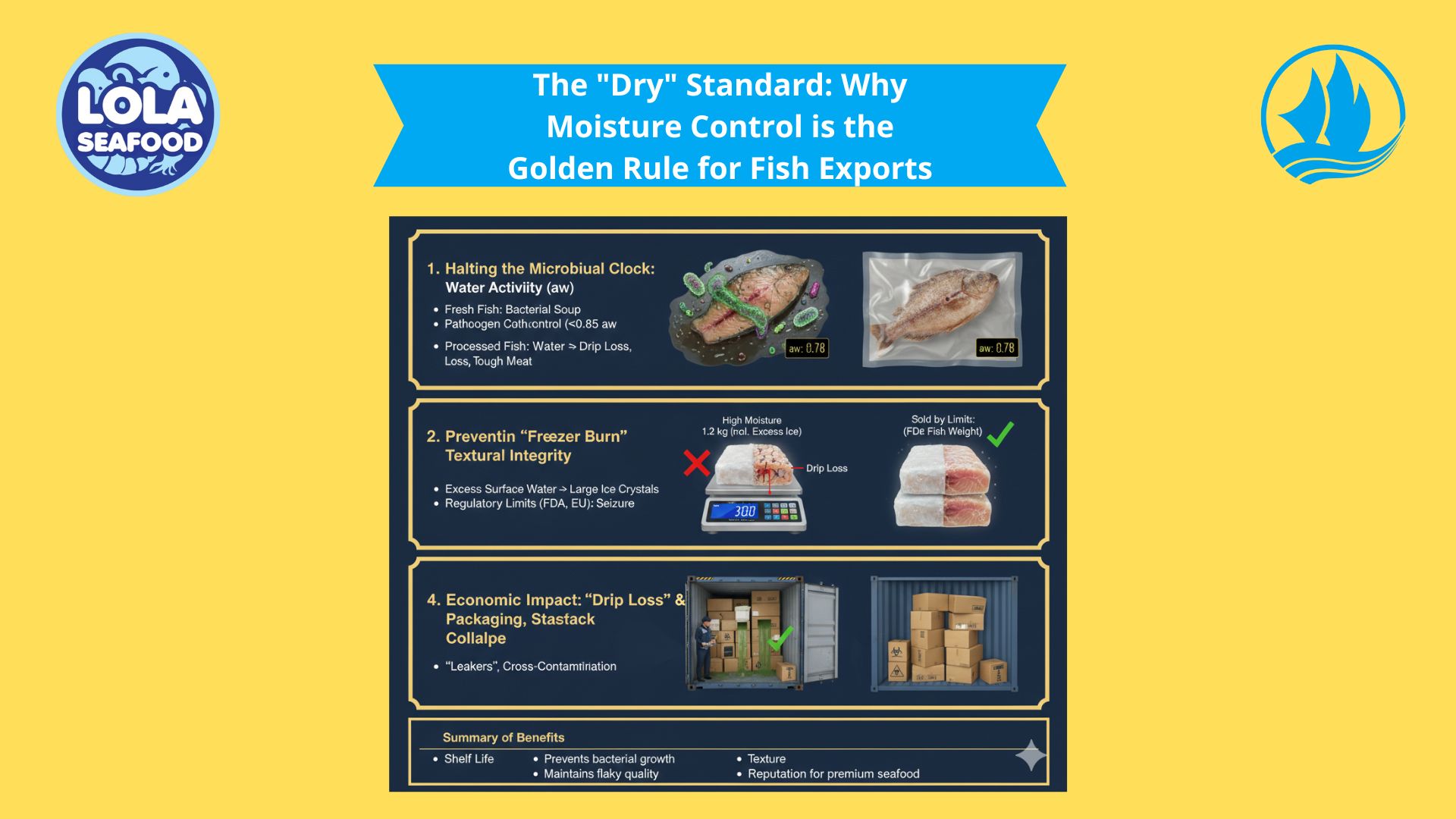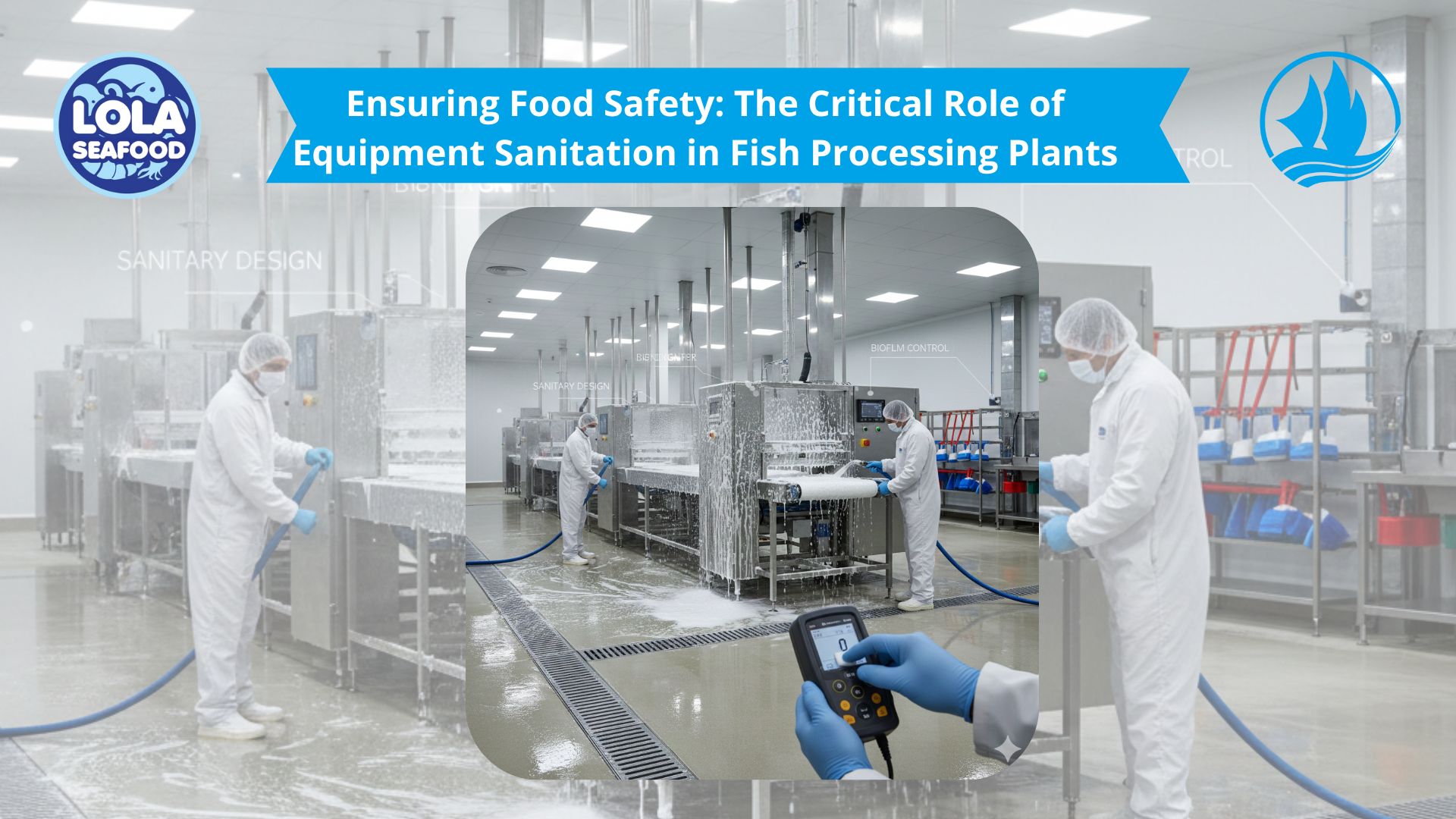Trade Agreements and Their Role in Shaping the Processed Fish Industry
By. Wiwik Rasmini - 29 Sep 2025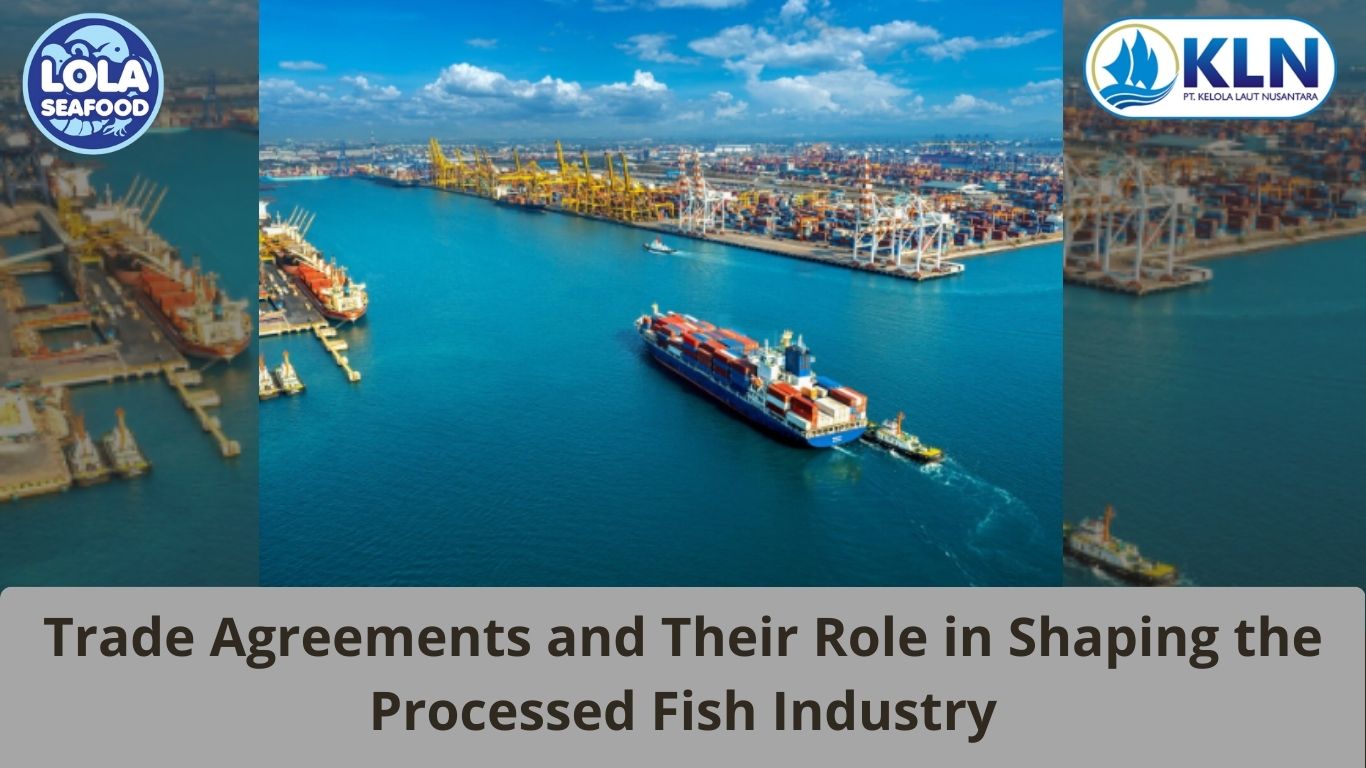
Kelolalaut.com The global seafood industry is one of the most dynamic and heavily traded sectors in the world. Processed fish products—such as frozen fillets, canned tuna, and surimi—move across continents to meet the dietary needs of billions of people. Behind this global flow of seafood, trade agreements play a crucial role in shaping how, where, and at what cost fish products are processed and consumed.
The Importance of Trade Agreements in Seafood
Trade agreements are formal arrangements between countries that govern tariffs, quotas, rules of origin, and non-tariff measures. For the processed fish industry, these agreements can determine the competitiveness of products in international markets.
For instance, a country that signs a free trade agreement (FTA) with a major seafood importer may gain preferential access through reduced tariffs. This can significantly lower costs for exporters, making their processed fish products more attractive compared to competitors. On the other hand, countries without such agreements may face higher tariffs, limiting their market share.
Opening New Markets
One of the biggest advantages of trade agreements is market expansion. Many developing nations that specialize in fish processing, such as Vietnam, Indonesia, and Thailand, rely heavily on access to markets in Europe, North America, and Japan.
When an FTA reduces import duties, processors in these countries can export at competitive prices. For example, the EU-Vietnam Free Trade Agreement (EVFTA) has opened opportunities for Vietnamese seafood processors by gradually eliminating tariffs on several fish products. Similarly, the Comprehensive and Progressive Agreement for Trans-Pacific Partnership (CPTPP) benefits members like Malaysia and Peru by easing trade barriers in key markets.
Encouraging Investment and Technology Transfer
Trade agreements do not only impact tariffs; they also create an environment that encourages foreign direct investment (FDI). Global seafood companies are more likely to invest in processing facilities in countries with favorable trade access, knowing that products can be exported to multiple markets with lower barriers.
Such investments often bring with them technology transfer, modern equipment, and improved standards. This boosts the efficiency and competitiveness of local fish processing industries. Over time, these developments can transform small-scale processors into globally recognized suppliers.
Standards, Certifications, and Non-Tariff Measures
While trade agreements often focus on reducing tariffs, they also address non-tariff measures, such as sanitary and phytosanitary (SPS) standards. In the processed fish industry, this often means compliance with strict rules on food safety, sustainability, and traceability.
For instance, agreements with the European Union frequently require processors to follow the HACCP (Hazard Analysis and Critical Control Point) system, implement eco-label certifications, and ensure full traceability of fish sources. Although meeting these requirements can increase costs for processors, compliance opens the door to premium markets where consumers are willing to pay more for certified sustainable products.
Challenges and Unequal Benefits
Despite their advantages, trade agreements can also create challenges and imbalances. Not all countries benefit equally. Smaller processors without the capacity to meet international standards may be excluded from new opportunities.
Moreover, some agreements may favor larger corporations, leaving small-scale fish processors struggling to compete. In certain cases, preferential access may encourage countries to overemphasize exports at the expense of domestic food security, raising concerns about the availability and affordability of fish in local markets.
Another challenge lies in complex rules of origin. To qualify for preferential tariffs, processors must prove that raw materials come from approved sources. For industries that depend on imported raw fish for processing (e.g., canning tuna with imported catches), these rules can be difficult to navigate and may reduce the intended benefits of trade agreements.
Strengthening Regional Cooperation
Regional trade agreements (RTAs) are becoming increasingly influential in shaping the processed fish industry. Agreements like the Regional Comprehensive Economic Partnership (RCEP) bring together multiple countries in Asia-Pacific, creating vast networks of supply chains and processing hubs.
These agreements encourage regional cooperation, allowing fish to be caught in one country, processed in another, and exported to a third—all under favorable trade conditions. This interconnectedness supports specialization, efficiency, and shared growth across regions.
The Future of Trade Agreements in Seafood
As global demand for seafood continues to rise, trade agreements will become even more critical. However, future agreements are expected to go beyond tariffs and quotas. They are likely to focus more heavily on sustainability, climate change adaptation, and ethical labor practices.
For the processed fish industry, this means not only adapting to new trade rules but also embedding sustainability into their business models. Companies that invest in traceability systems, eco-friendly packaging, and fair labor standards will likely gain better access to markets under these evolving agreements.
Trade agreements are powerful tools that shape the structure and growth of the processed fish industry. By lowering tariffs, opening markets, and setting standards, they influence everything from pricing strategies to investment flows. While challenges remain—especially for smaller processors—the opportunities created by these agreements are undeniable.
In the future, trade agreements will not only define who can export processed fish but also how responsibly and sustainably it is produced. For countries and companies willing to adapt, trade agreements represent a gateway to global competitiveness and long-term success in the seafood sector.
If youre interested in our Goldband / Crimson Snapper Fillet Portion Cut , Goldband / Crimson Snapper Fillet Skin On and Goldband / Crimson Snapper Whole Round / Whole Gilled Gutted Scaled please do not hesitate to contact us through email and/or Whatsapp
